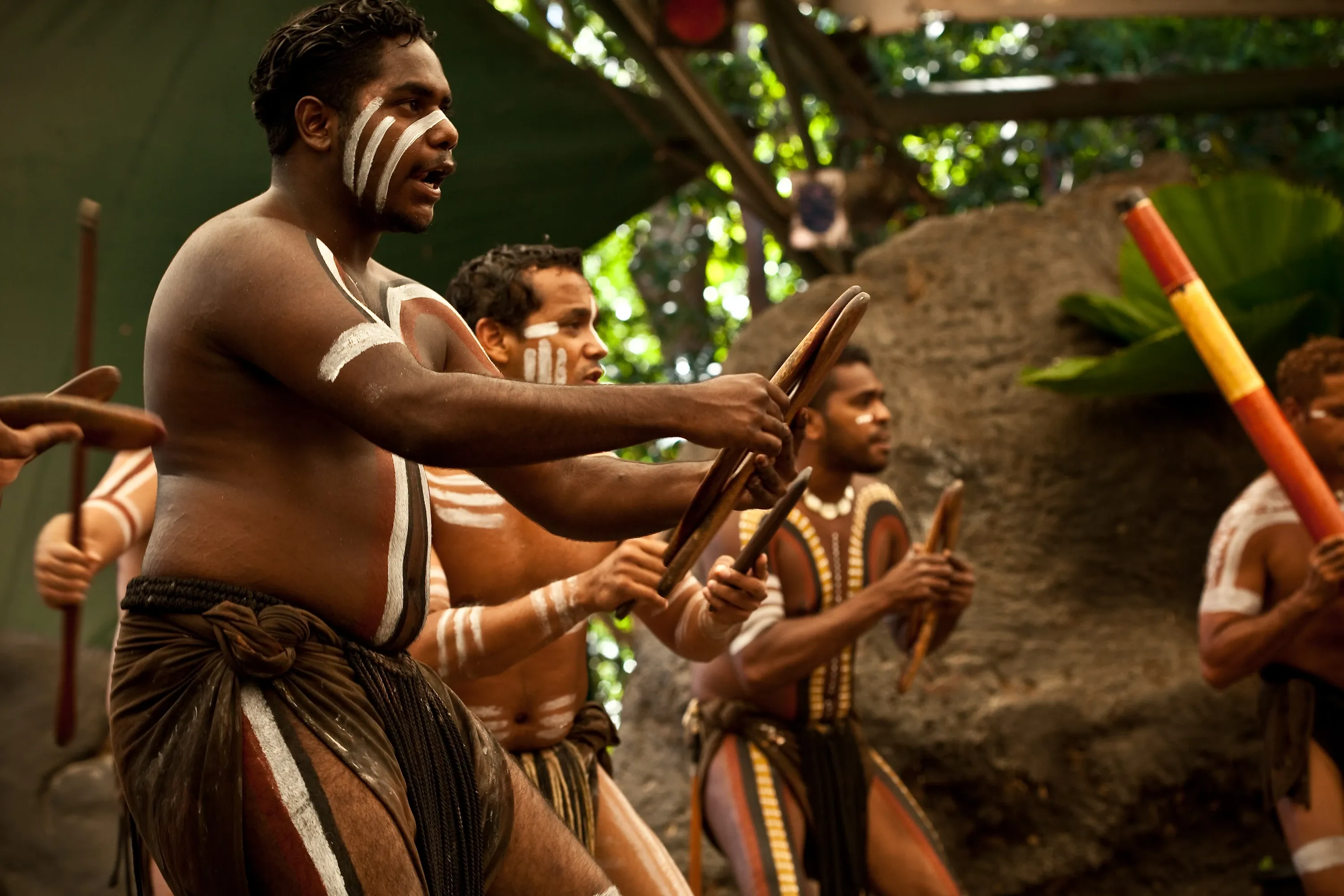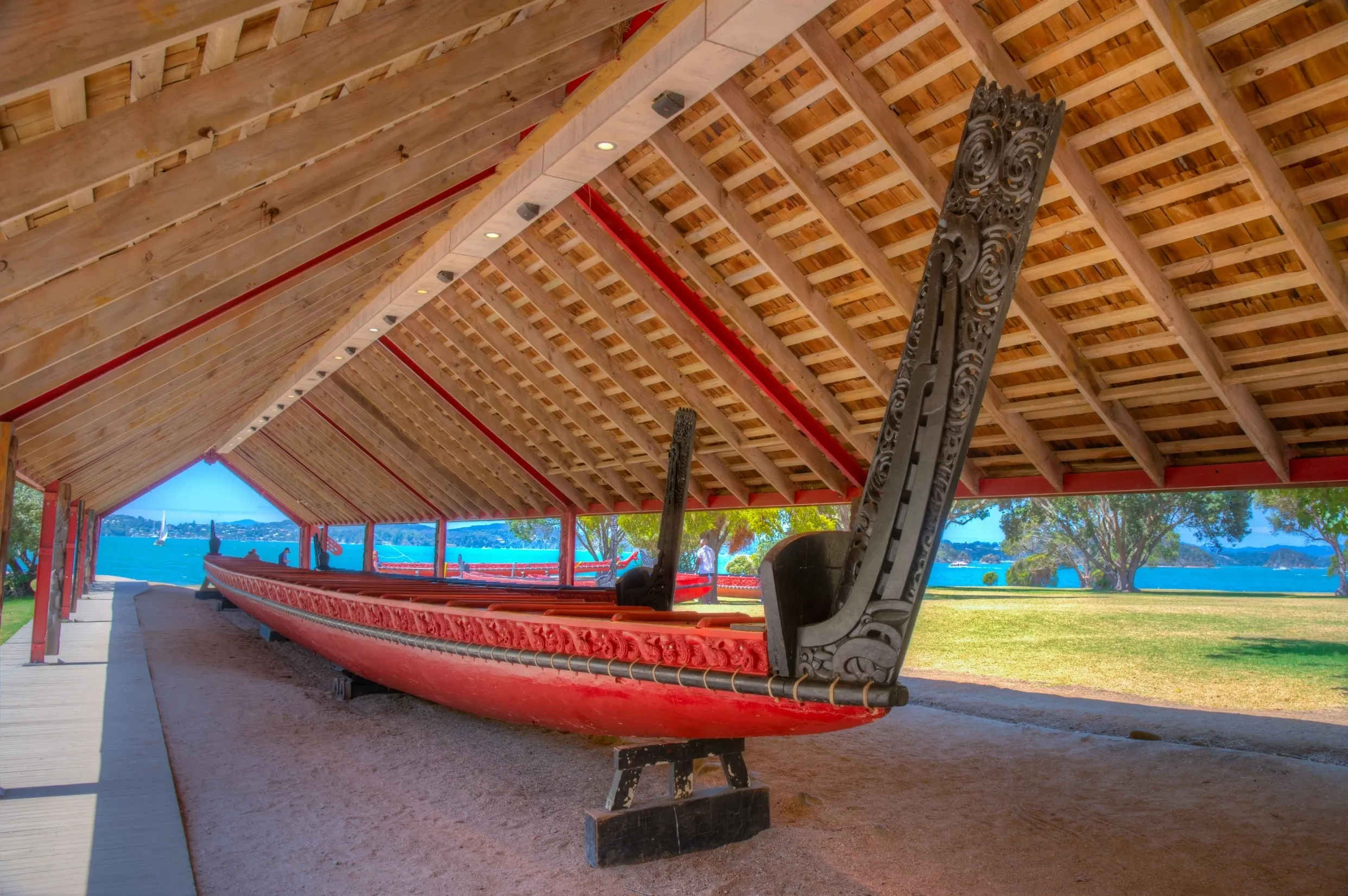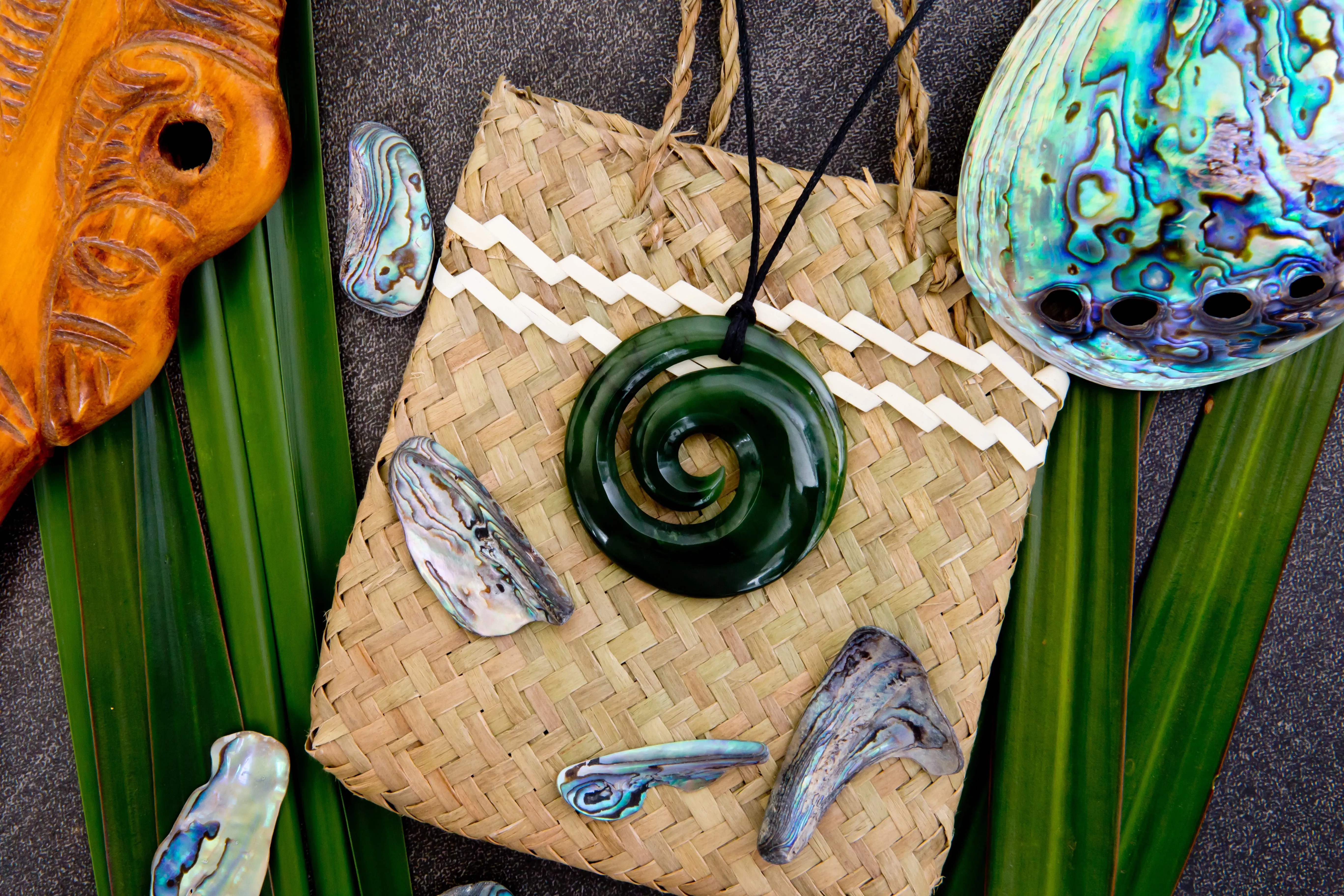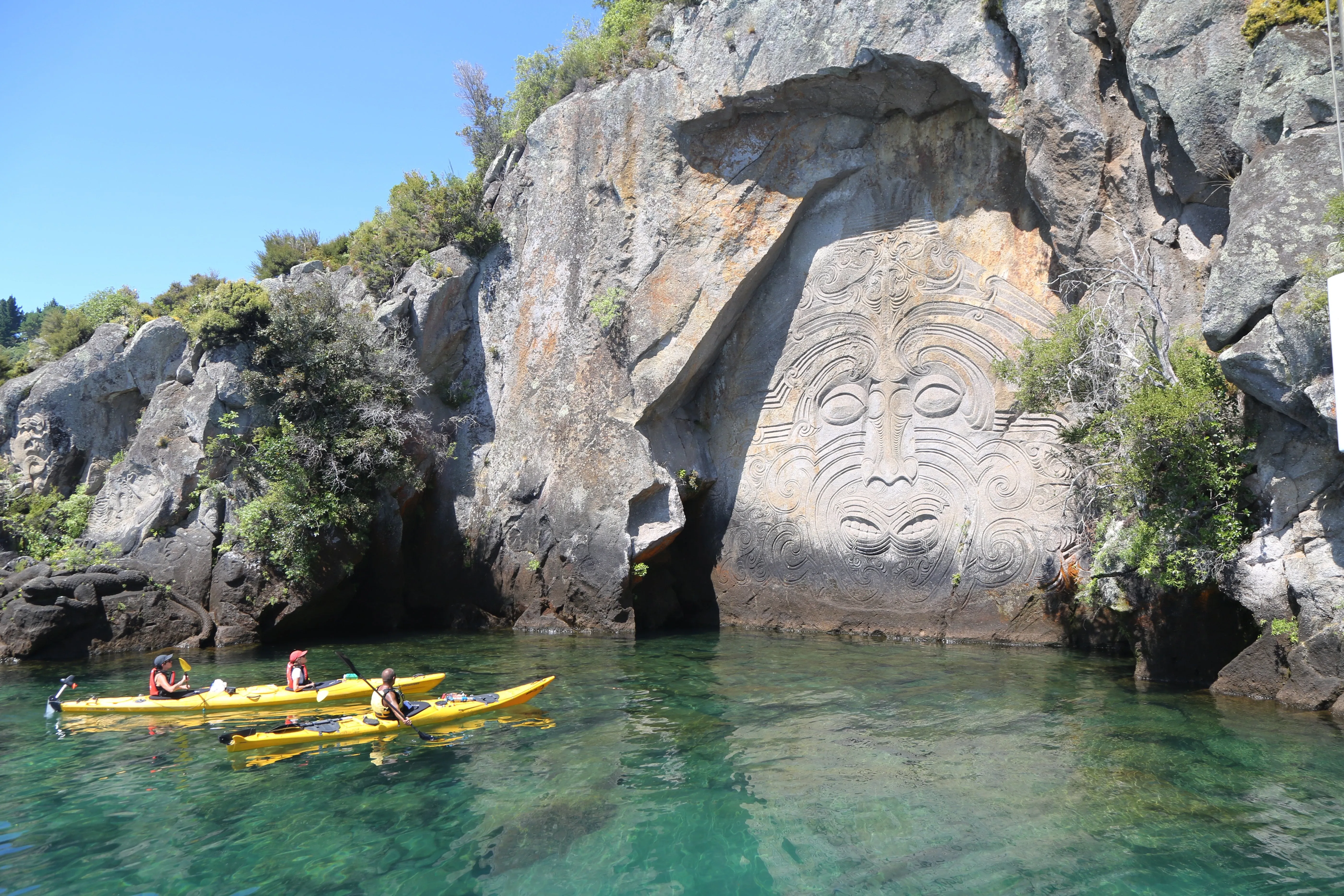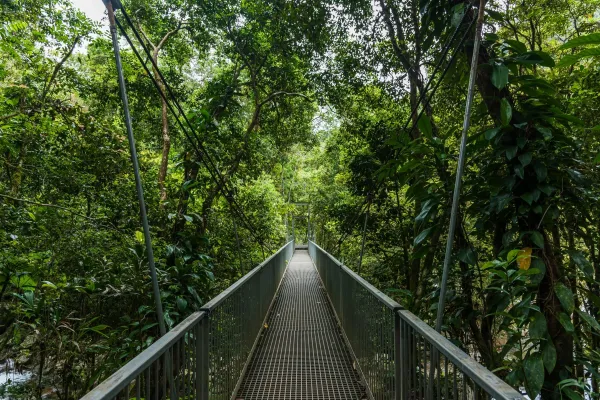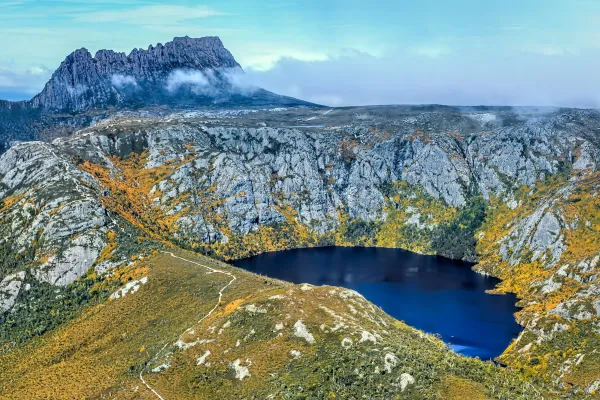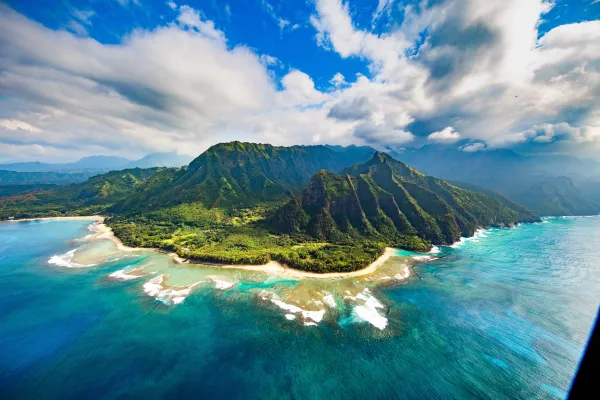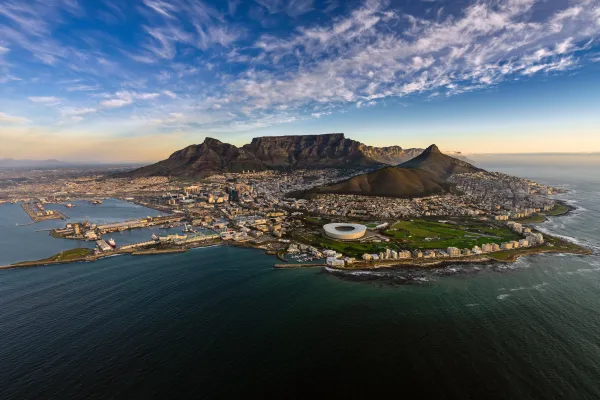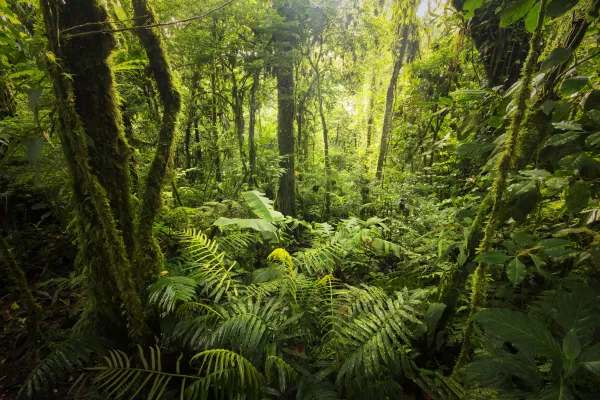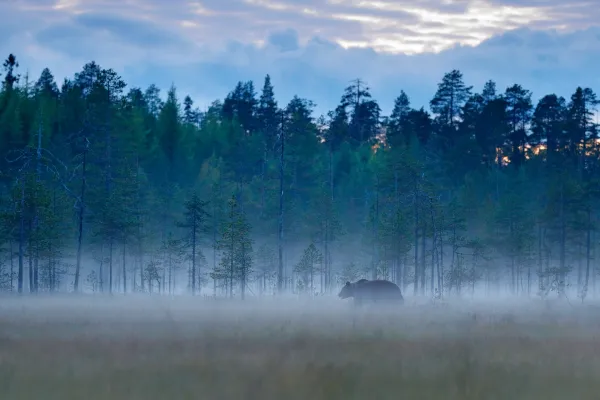Māori culture: Indigenous tourism as a bridge
To truly appreciate New Zealand’s rich history, visitors to the country must immerse themselves in indigenous tourism.
Taking part in experiences and activities led by indigenous communities is a fantastic way to not only support the local community’s work and make a contribution to social justice, but also enjoy a rich and authentic trip to the region, which has a fascinating history and strong culture quite different to any other in the world today.
In New Zealand, that means delving into the world of Māori people – learning about their cultures, traditions and artforms that have been passed down through the generations, and exploring a spiritual connection with the land and sea. It might mean exchanging stories and learning about their history, or taking part in art workshops and conservation initiatives. However you plan to experience New Zealand, a trip wouldn’t be complete without experiencing indigenous tourism in some form.
What is indigenous tourism?
Indigenous tourism is a means for indigenous communities to share their local culture, history, traditions and environmental stewardship with visitors. It is a growing sector of the tourism industry and supports indigenous communities in various ways, including financially. The experiences, attractions and activities are led by indigenous people; by taking part, tourists enhance their livelihoods and empower them to share their stories and customs. From guided tours to crafting and storytelling, activities led by indigenous people offer respectful insights into their unique cultures, facilitating an ethical cultural exchange and learning opportunity for tourists.
A brief Māori history
The Māori people colonised New Zealand’s islands in a series of voyages beginning in the 13th Century. They arrived from other parts of Polynesia by waka – a type of traditional canoe – and formed tribes throughout the region. In the following centuries, the Maori people developed a unique culture and language, called Te Reo Māori. Their lifestyle was adapted to suit New Zealand’s climate and environment – they fished, hunted and grew crops for food and maintained social governance through tribal communities, which each had a chief and spiritual leaders.
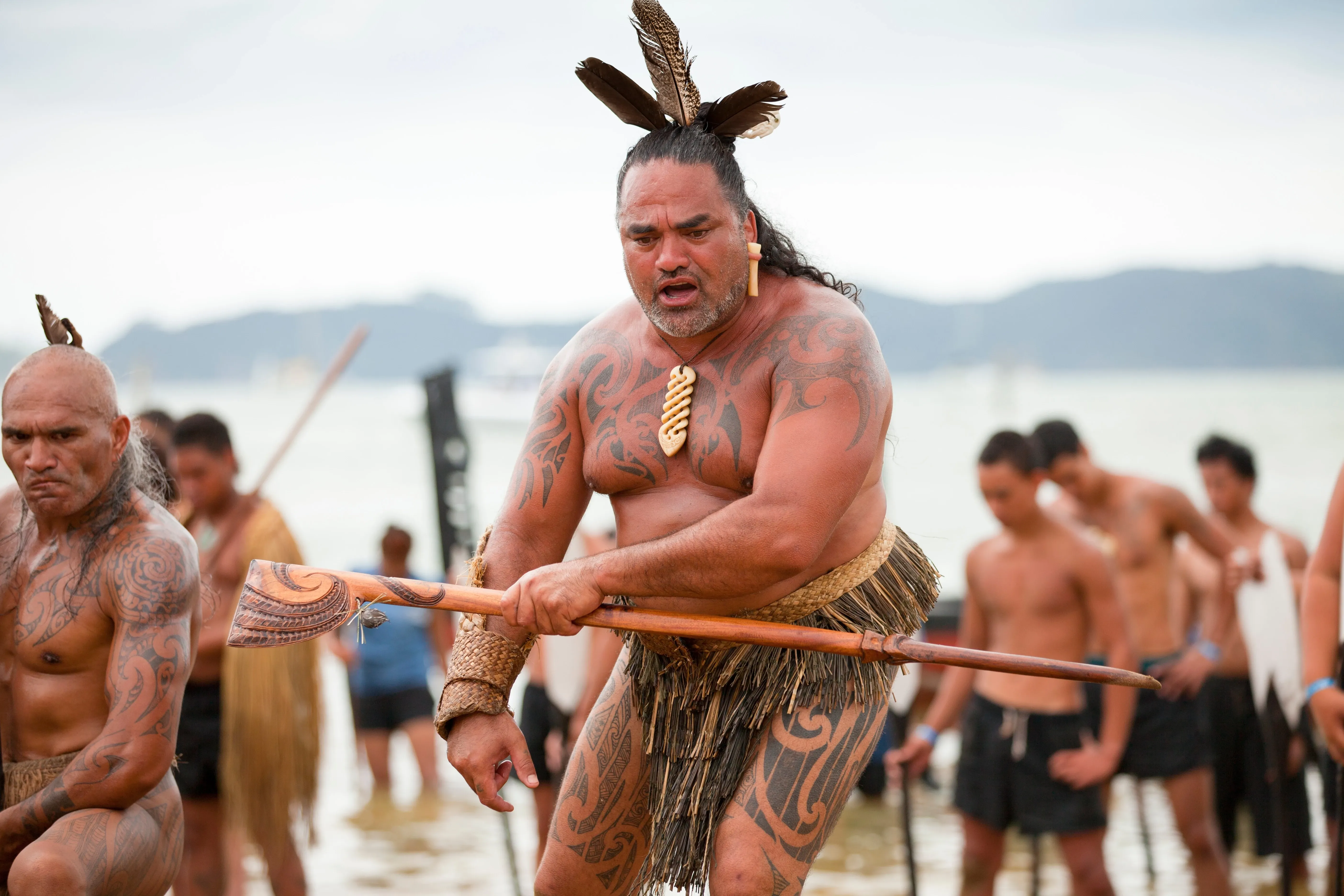
European explorers began to reach New Zealand towards the end of the 18th Century. Initially, the encounters between Europeans and Māori were peaceful exchanges of trade and culture. By the 19th Century, however, the situation had changed; conflict arose between Māori and British colonists over disputes around land. In 1840, the conflicts ended with the signing of the Treaty of Waitangi, which recognised the land rights and sovereignty of Maori people. Nevertheless, conflict continued, and throughout the 19th and 20th Centuries, Māori people were persecuted with assimilation policies, which quashed the use of their language and cultural practices.
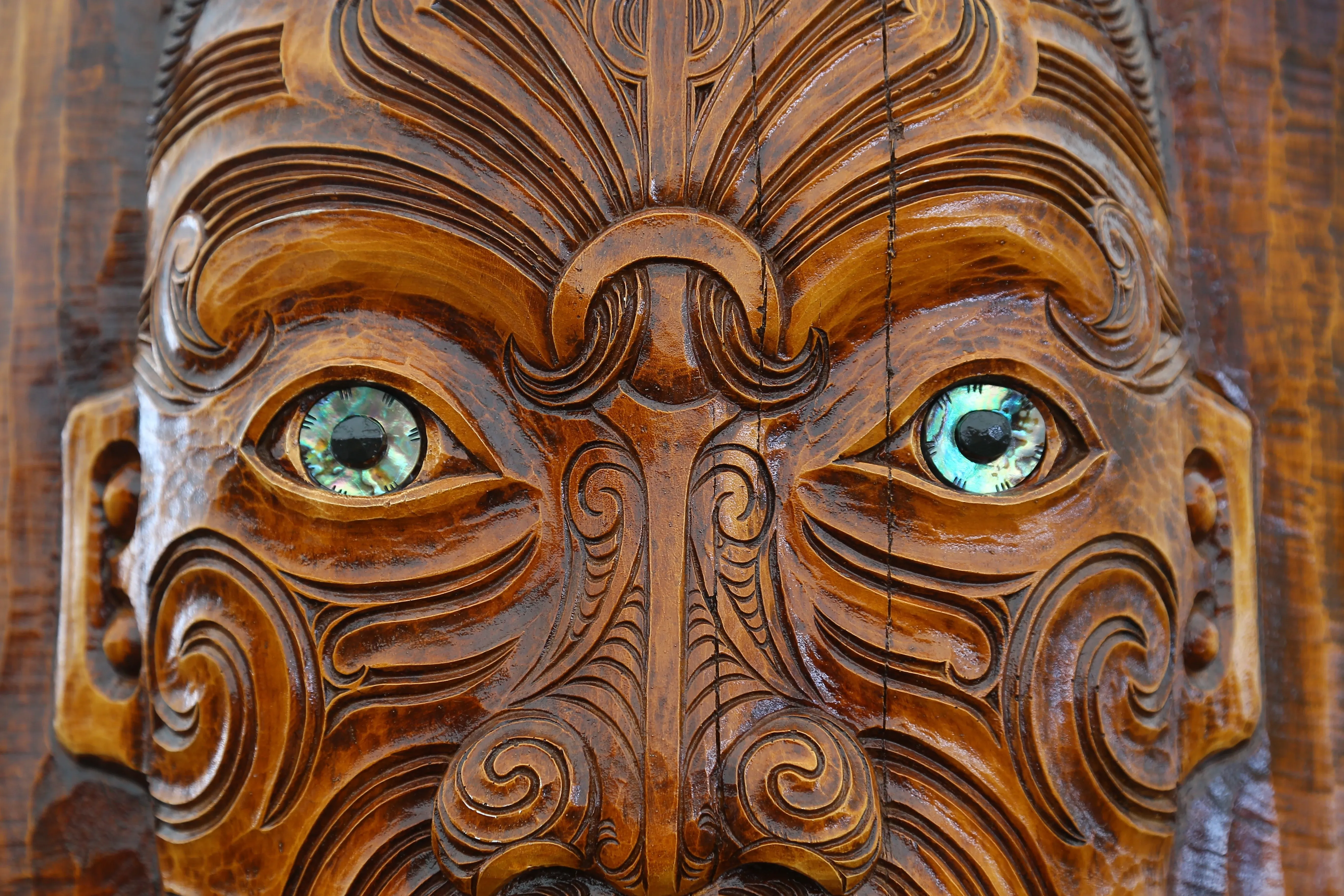
Māori people remained resilient and fought to keep their culture alive. In the late 20th Century, interest in Māori culture began to grow with a cultural renaissance – Te Ao Maori – and the importance of Māori culture and language to New Zealand’s history became increasingly recognised. Today, Māori culture is central to the country’s identity. Efforts are underway to preserve the language, culture and identity, and ensure Maori people are represented in government and their rights respected in legislation.
Indigenous tourism in New Zealand
Travellers can immerse themselves in Māori traditions, artforms, culture and customs through indigenous tourism opportunities in New Zealand. Exploring Māori culture fosters deeper connections with New Zealand’s land, its people and their heritage. It is the best possible way to delve into the country’s rich history and learn about Māori culture, which is rooted in a connection with the land, the sea and their ancestors.
Māori tribes have a deep respect for the environment and consider their role to be caretakers of the land, which is reflected in many of New Zealand’s indigenous tourism activities. They trace their ancestral connections to specific landscapes, waterways and natural features, which they consider themselves guardians of. Thanks to this connection with the natural world, Māori people have a wealth of knowledge around local biodiversity and sustainable land management. In collaboration with NGOs, government organisations and local communities, Māori people lead conservation projects to ensure the protection of their local ecosystems, both on land and at sea.
Today, many Māori tourism initiatives involve spending time in nature – whether that’s hiking through forests or exploring waterways by boat. Māori-led activities also include various forms of crafting and art, like carving, weaving and tattooing, all of which are intertwined with storytelling and symbolism of Māori values. Tourists might have the opportunity to witness traditional ceremonies, like the powhiri welcome, as well as performances and culinary traditions.
Māori tourism highlights
- Enjoy a traditional performance combining arts with storytelling at a Māori cultural centre, like the haka (war dance), waiata (songs) and poi (dance with balls on strings)
- Take part in a hangi feast and try food cooked in a traditional underground earth oven
- Join a guided eco tour and venture into New Zealand’s stunning wilderness; you could even visit New Zealand’s oldest and tallest tree, Tāne Mahuta, in the Waipoua Forest
- Experience the country’s waterways from a traditional waka hourua (a double-hulled canoe)
- Learn or experience a new skill with a carving, tattooing or weaving demonstration or workshop
- Tour predator-free bird haven Kāpiti Island with a Māori guide, whose whānau (family) has lived on the island for centuries
- Visit Wai Ariki Hot Springs and Spa to experience centuries-old Māori healing practices and spa treatments
Experience an extraordinary culture
Indigenous tourism in New Zealand offers a fantastic opportunity for visitors to experience the country from the point of view of the unique Māori culture. The bridge to Māori-led indigenous tourism helps strengthen the people’s cultural identity and share their values with tourists from around the globe. It offers a unique, immersive experience for tourists interested in learning about a different way of life, opening them up to a whole new culture and encouraging them to reflect on their own worldviews.
Through storytelling, arts, spiritual traditions and environmental stewardship, Māori people welcome tourists into their ways of life and encourage them to consider the deep connection between people and land. By taking part in Māori-led experiences and visiting their local attractions and events, tourists can experience a genuine cultural exchange and support indigenous people and their activism around environmental stewardship and social justice while exploring New Zealand’s beautiful and diverse landscapes.
Source references:
Whakarewarewa
New Zealand Geographic
Sign up for the newsletter
By clicking on “Subscribe now” I will subscribe to the Conscious Explorer newsletter with all the information about mindful travel. Information on the success measurement included in the consent, the use of the shipping service provider MailChimp, logging of the registration and your rights of revocation can be found in our privacy policy.

